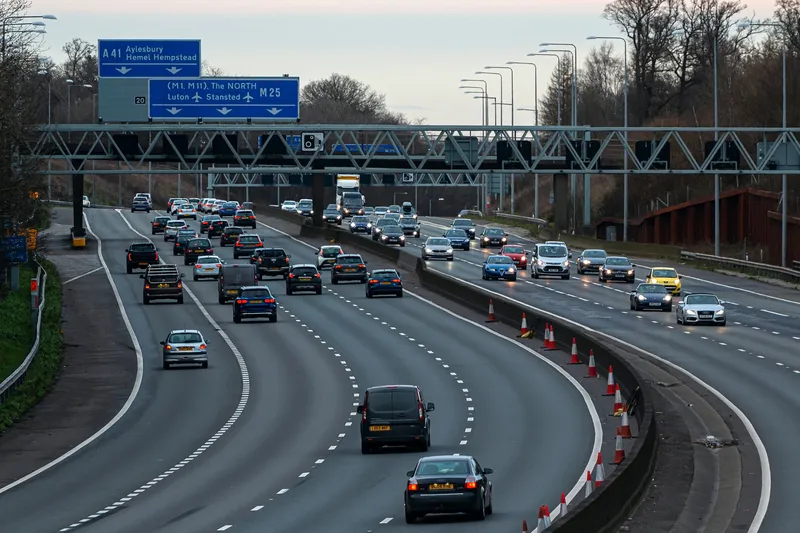A report from the UK Centre for Policy Studies (CPS) has called for greater on track competition on long distance rail routes.
It says the UK’s transport authorities have been resistant to open access competition on passenger routes. Open access operators are train companies that run services over similar routes and are not subject to franchising agreements.
The UK’s Competition and Markets Authority (CMA) has reported that where open access operates in the UK, such as the East Coast Mainline, passen
December 21, 2016
Read time: 2 mins
A report from the UK Centre for Policy Studies (CPS) has called for greater on track competition on long distance rail routes.
It says the UK’s transport authorities have been resistant to open access competition on passenger routes. Open access operators are train companies that run services over similar routes and are not subject to franchising agreements.
The UK’s Competition and Markets Authority (CMA) has reported that where open access operates in the UK, such as the East Coast Mainline, passenger satisfaction is at its highest. However, the CPS believes the Department fort Transport is concerned that more open access will reduce the franchise premium.
The CPS says UK rail passengers are suffering from militant Trade Union action and poor performance by Network Rail.
It says, “A deeper underlying problem is the near absence of ‘open access’ on track competition, where two operators run services in competition over similar routes. Government should publically support competition on UK rail and show its commitment by easing the path for those seeking to deliver competition against franchise holders.”
It says the UK’s transport authorities have been resistant to open access competition on passenger routes. Open access operators are train companies that run services over similar routes and are not subject to franchising agreements.
The UK’s Competition and Markets Authority (CMA) has reported that where open access operates in the UK, such as the East Coast Mainline, passenger satisfaction is at its highest. However, the CPS believes the Department fort Transport is concerned that more open access will reduce the franchise premium.
The CPS says UK rail passengers are suffering from militant Trade Union action and poor performance by Network Rail.
It says, “A deeper underlying problem is the near absence of ‘open access’ on track competition, where two operators run services in competition over similar routes. Government should publically support competition on UK rail and show its commitment by easing the path for those seeking to deliver competition against franchise holders.”










